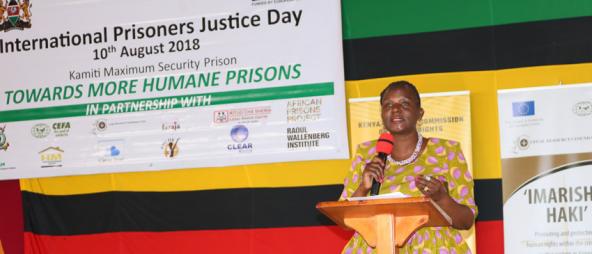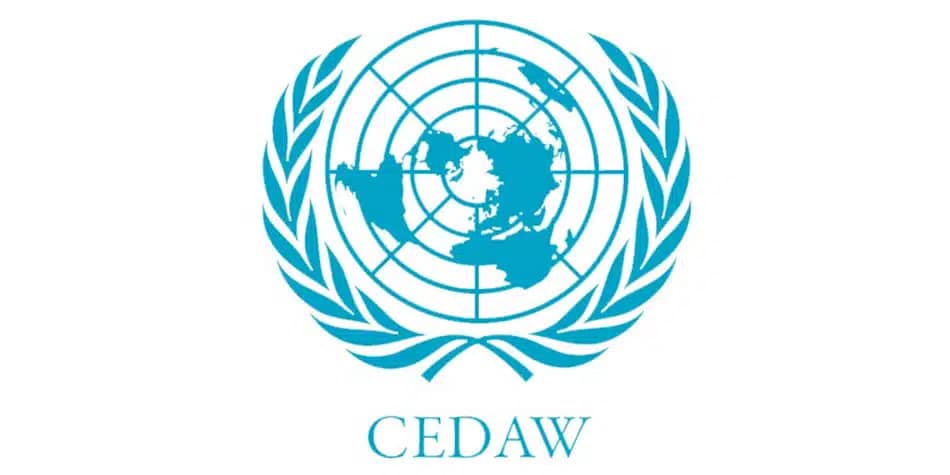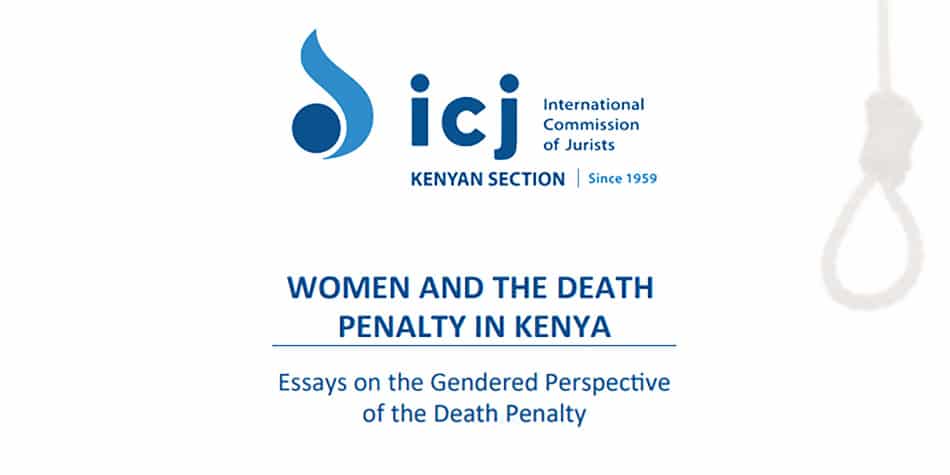
Kenya’s new taskforce to review death penalty laws
Africa
Wilson Thirimbu Mwangi and Francis Karoki Muruatetu Thirimbu were convicted of murder in 2003 and subsequently sentenced to death. Although their sentence had already been commuted in 2009, they still went on to challenge the constitutionality of the death penalty at Kenya’s Supreme Court.
In the past, the Kenyan government has commuted the death sentences of over 4000 and 2747 inmates in 2009 and 2016 respectively, and although no execution has been recorded since 1987, the country has yet to abolish the death penalty.
However, following Chief Justice Marage’s historic declaration, courts were subsequently given discretion on sentencing similar cases, and the Supreme Court gave the Attorney General and other relevant institutions 12 months to work on a detailed review of the legislative framework surrounding the death penalty.
Taskforce on the Review of the Mandatory Nature of the Death Penalty
On March 15 2018, Attorney-General Githu Muigai appointed the Taskforce on the Review of the Mandatory Nature of the Death Penalty to complete the work, led by Maryann Njau-Kimani and currently composed of 3 sub-committees, each one assigned to a specific issue, namely sentence rehearing, the parameters of life imprisonment and legislative reforms.
In a draft report for public participation, the taskforce suggested that all concerned inmates should undergo sentence rehearing and provided the basic framework for such a process. According to the African Prison Project (APP), there has been a huge number of inmates who have filed petitions in different courts: as of now, several high courts across the country have started the reviewing process and over 20 cases have successfully been resentenced, amounting to an average period of imprisonment of 15 years.
In reviewing the parameters of life imprisonment, the taskforce studied the jurisdictions of 21 other countries, and proposed a new categorization of offences punishable by life imprisonment: “aggravated” murders would yield no possibility of parole, whereas “simple”, “second degree” and “manslaughter” offences are eligible for parole after serving 25 years, 20 years and two thirds of the sentence respectively.
However, devising potential legislative reforms has proven to be a contentious issue between the taskforce’s main advisor, the Kenya Law Reform Commission (KLRC), and members of the civil society: although the latter suggested that the death penalty be removed “in its entirety”, it concluded that the Kenyan Constitution “permits the death penalty if provided by law”, considered by some as a misreading of the constitution. Furthermore, the replacement of the death penalty by mandatory sentences for certain crimes has been subject to criticism.
The taskforce has also visited prisons and met with inmates to gather their views on the matter: the resulting analysis of death row prisoners with respect to their socioeconomic background showed that the death penalty disproportionately affects those with lower income and lower level of education, thus proving yet again the discriminatory nature of the death penalty.
An Ongoing Debate Surrounding the Death Penalty in Kenya
The creation of the taskforce coincides with the new Strategic Plan 2018-2023 of the Kenya National Commission on Human Rights (KNCHR), but debate around the death penalty rages on: earlier in August, the Taskforce held an open forum to tackle the divisive issue; a few days later, Ms. Chivusia, the KNCHR Commissioner, gave a speech for Prisoners Justice day on August 10 during which she declared that “Capital punishment in Kenya commonly known as the Death Penalty remains a subject that has elicited a lot of debate on the approach that the country should take either towards its abolition or retention.”
At the same time, the KNCHR stated on Twitter that it “shall continue advocating for Kenya to join the 106 states around the world including 20 African states that have abolished the death penalty both in law and practice.”
If the taskforce’s recommendations are adopted this coming December, 838 prisoners on death row will have their sentences commuted, among other changes. As of March this year, there were 838 persons on death row – 789 men and 129 women.
Image: KNCHR
Categories
Kenya






